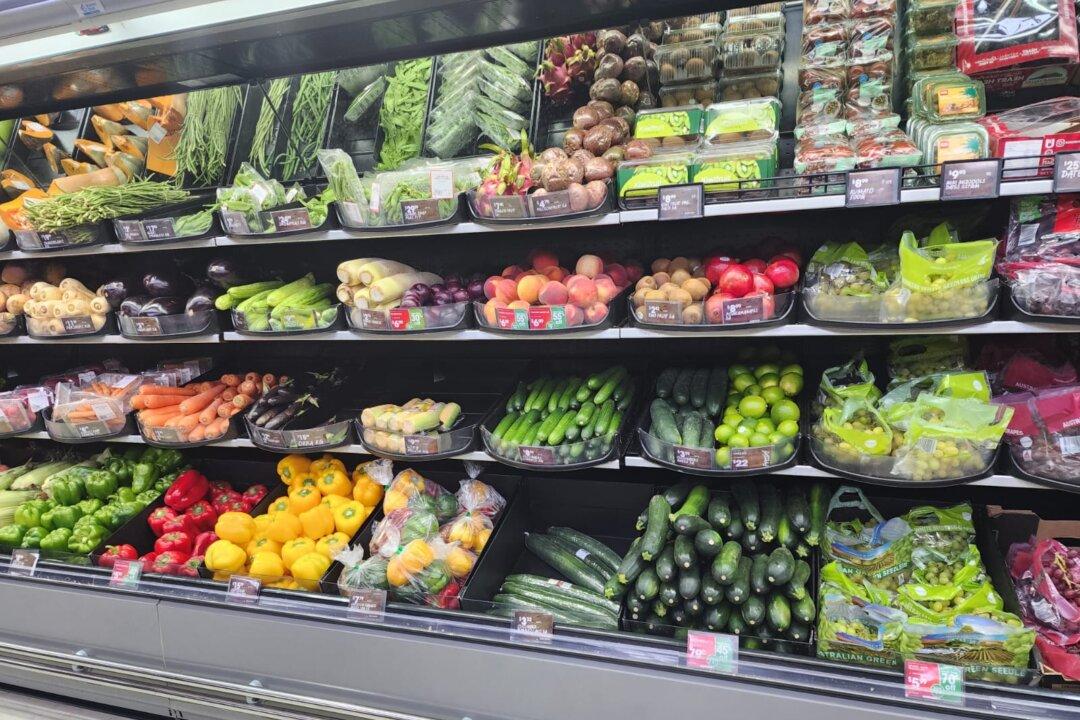Nationals Leader David Littleproud has called on Australian policymakers to take drastic measures to eliminate the supermarket duopoly.
This comes following a new investigative documentary by the Australian Broadcasting Corporation (ABC) on the business practices of the two major supermarket chains, Coles and Woolworths, and their impact on consumers and farmers.





